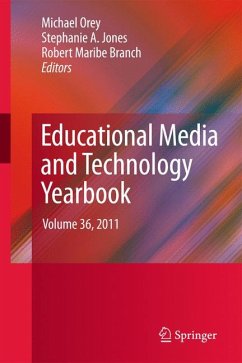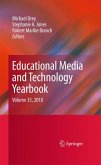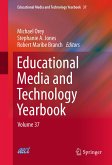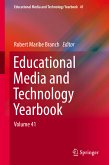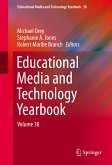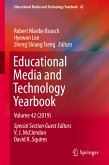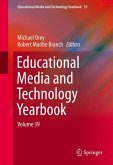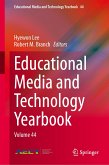Featured in the 2011 Yearbook:
- New developments in learning, design and technology, including the evolving role of school librarians in literacy learning, an instructional design approach to educational games, and mobile education toward peace-building.
- Emerging trends in library science, with special emphasis on access issues, cultural awareness, and professional standards.
- Biographical sketches of four outstanding leaders in learning technology.
- An up-to-date worldwide directory of professional associations and organizations in learning design, technology, information, and library science.
- A worldwide listing of current graduate programs in these fields.
- An annotated mediagraphy section featuring print and non-print resources in a variety of specialties, including instructional design and training, computer-assisted instruction, interactive multimedia, and libraries/media centers.
Researchers in information and education technology as well as professors and teacher educators in these fields will hail the 2011 edition of the Educational Media and Technology Yearbook as a double-edged resource-thecurrent state of the field and a springboard for its future.
Dieser Download kann aus rechtlichen Gründen nur mit Rechnungsadresse in A, B, BG, CY, CZ, D, DK, EW, E, FIN, F, GR, HR, H, IRL, I, LT, L, LR, M, NL, PL, P, R, S, SLO, SK ausgeliefert werden.

